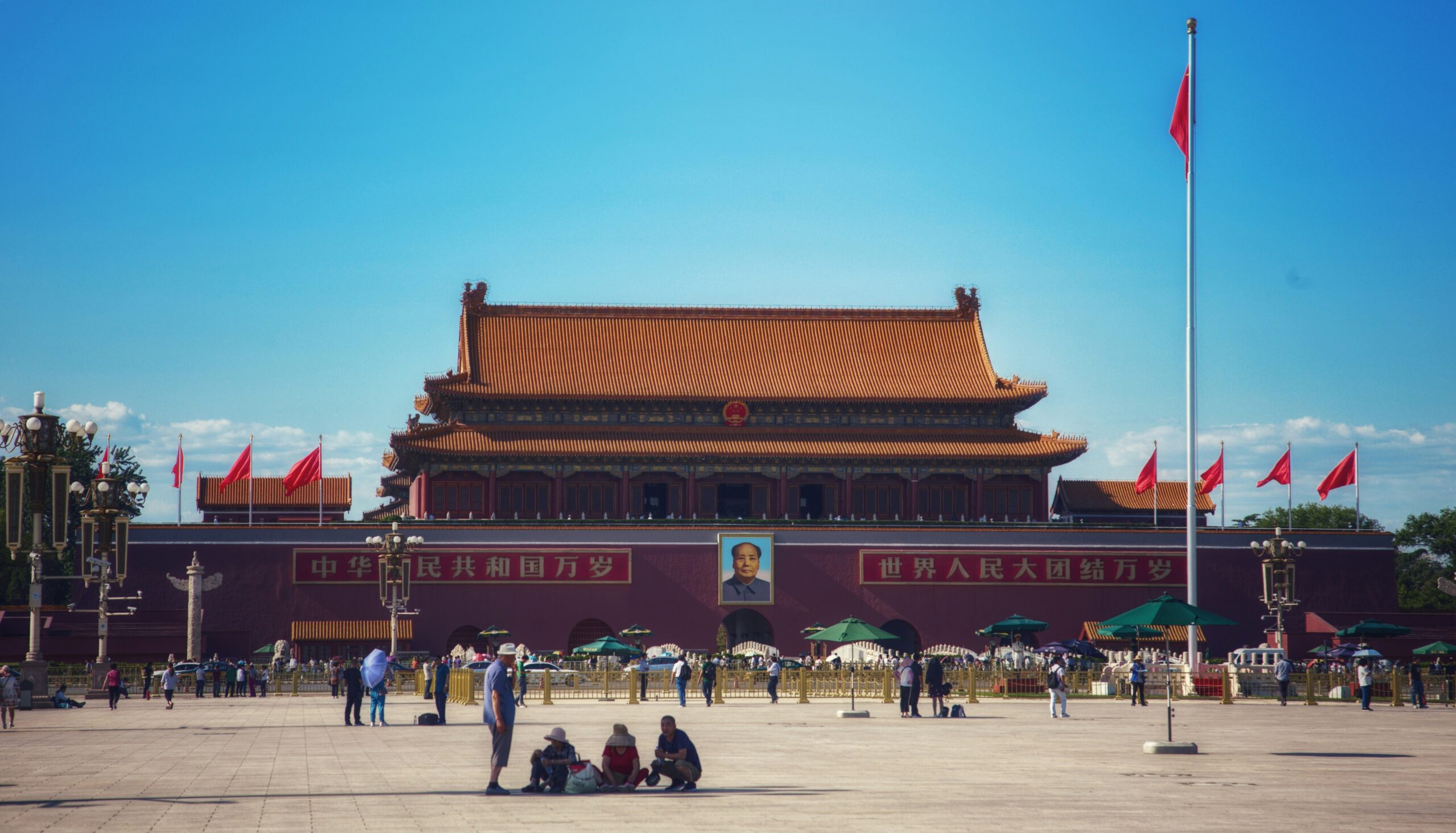On Tuesday (7 October), the European Commission unveiled sweeping measures to shield the European Union’s steel industry from what it calls the damaging effects of “unfair global competition.” Under the proposal, tariff-free steel imports would be slashed by nearly half, and any imports exceeding this reduced quota would face duties of 50%, doubling the current rate. The Commission argues these protections are essential to address a global steel oversupply that threatens both European jobs and the industry’s decarbonisation efforts.
At the heart of the Commission’s strategy are three core measures designed to create a level playing field for European producers:
First, the plan dramatically tightens import controls. It proposes to reduce the annual quota for tariff-free steel imports from current levels to 18.3 million tonnes. Any steel imported beyond this quota will face a steep tariff of 50%, double the current 25% duty. This measure is intended to make it significantly less attractive for foreign producers to flood the EU market with excess steel, thereby helping European factories run closer to their optimal capacity.
Second, the proposal aims to close a critical loophole used to bypass existing trade rules. A new “Melt and Pour” requirement will be introduced, forcing importers to declare the original country where the steel was first melted and cast. This is designed to prevent circumvention, where steel produced in one country—often with the help of heavy state subsidies—is minimally processed in another before being exported to the EU to obscure its true origin and avoid anti-dumping duties.
Finally, this is not just a defensive move but also a diplomatic one. The Commission has invited “like-minded countries” to collaborate in protecting their economies from global overcapacity. This is widely seen as an outreach to the United States, with the hope that by demonstrating its commitment to tackling the issue, the EU can persuade Washington to lower its own significant tariffs on European steel and aluminium, ultimately creating a united transatlantic front.
The Commission’s intervention comes at a critical time for an industry that is a cornerstone of the European economy. The sector is struggling against a tide of global overcapacity, which now stands at over 600 million tonnes, more than five times the EU’s entire annual consumption. This amount of cheap, often state-subsidised foreign steel has pushed down prices and squeezed European producers, leading to significant job losses. According to the European trade union IndustriAll, the sector shed 18,000 jobs in the last year alone. This pressure not only threatens the livelihoods of communities built around steel production but also hampers the industry’s ability to make the vast investments needed for decarbonisation, a key pillar of the EU’s green transition.
Next steps
The Commission’s proposal must now be debated and approved by the European Parliament and the Council of the EU. While the plan has received strong backing from many MEPs and a coalition of countries led by France, its passage is not guaranteed. The position of industrial powerhouses like Germany, whose world-leading car manufacturing sector is a major consumer of steel, will be crucial in the upcoming negotiations. The Commission’s objective is for the new measures to be adopted and in place by June 2026, when the current safeguard rules expire. In this sense, it would ensure uninterrupted protection for the EU’s steel industry.

